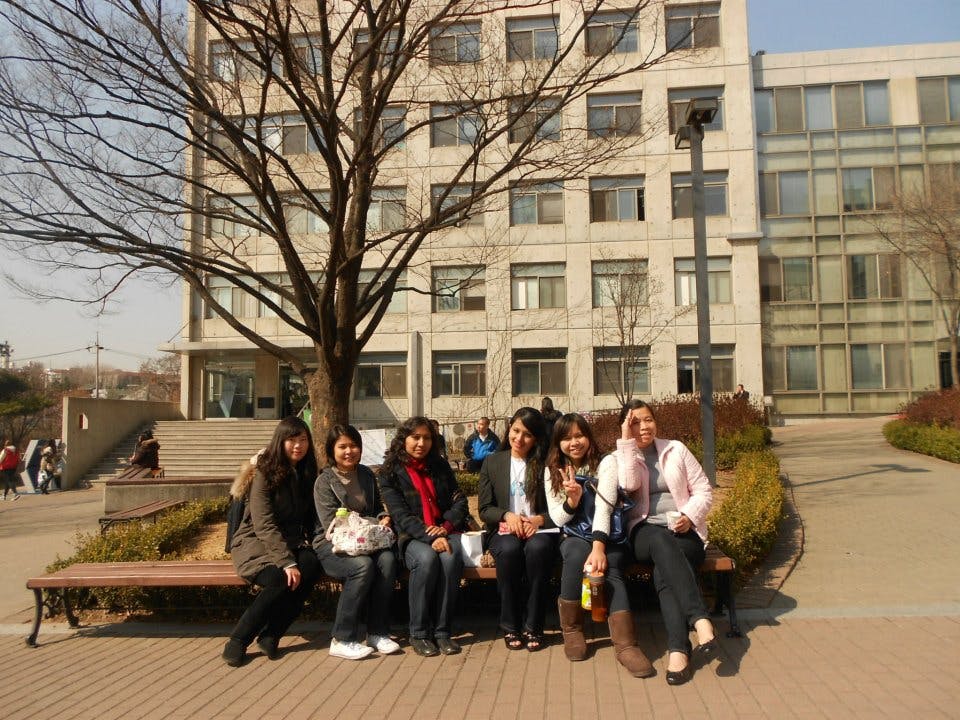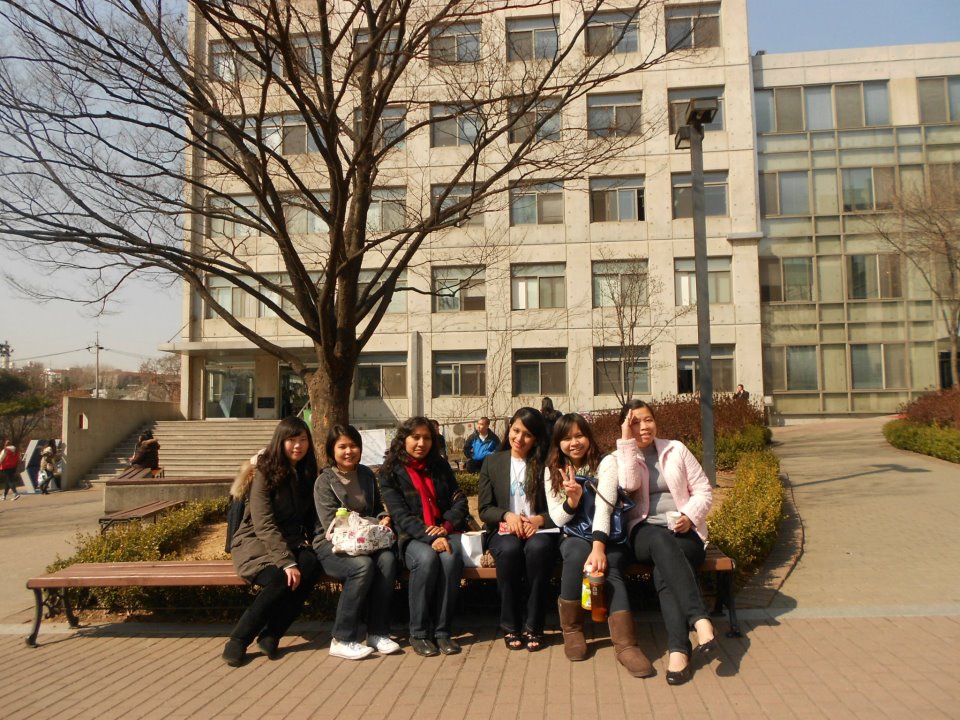Development and Globalization: Framing Issues- a critical analysis
Jan 21, 2015
Story


As being the citizen of the developing country what I understand by ‘Development’ is the state in which life standard of the people, facilities or resources availability in the community or the income generation in the country increases from certain point to the higher one in a better way. The state of basic needs of the people to live being fulfilled, resources to live and work, rights to choose is what I consider as an ideal life standard. Development should let people live satisfied.
Globalization in other way cannot be separated from the Development as both aren’t remained untouched from each other. Development is causing globalization by increase in communication technologies, trade and social movements globally whereas globalization of any action or product is causing development in different regions and state at the same time equally or unequally.
In case of the markets, we find different things that are of global origin. We can drink the Ethiopian coffee in a coffee shop in Nepal or we can even choose to have one of somewhere from Greece. The seeds of the coffee that is produced in some villages of Nepal are brought from some other countries. The parts of the iphone like Bluetooth chip are from UK, Camera lens are from Taiwan, Touch Screen overlay is from Germany, software and design is made in Apple in USA and are assembled in China (www.allroadsleadtochina.com) and we can buy the ready-iphone in market of Nepal or somewhere else in the world. I agree that though we are not the global citizen we are for sure are the global consumers.
It brings the concerns of the employment and the people in the production and also the payment they get. Recently the poor health condition and suicide cases of iphone workers in China have been reported in various media. These evidences suggest that the world of globalization has been biased for developed and developing countries. It definitely highlights the global interdependencies but at the same time it also brings us to the conclusion that development has been uneven. Where in the world some people are the consumers of these global products and some are the parts of production. While some are consuming the product, some may have been affected by the use of resources to produce that product. This is how the life style connects.
As we see the world of development and globalization has been biased, biased in the sense that it equally imposes the ideas and the habits but opportunity it offers is very unequal. Development has touched everyone’s life by providing every resource to the wealthy nations and creating work or effects of the development to the developing and underdeveloped countries. Even those whose lives are untouched of the underdeveloped or developing countries, they are equally been affected by the global problems that development has caused. Rather the citizens of the developed countries are the least affected by this as they have resources to ensure that. In my opinion, certain groups of people are benefited by it whereas all of has to be the equal part in case of arising global problems and issues.
The global problems like climate change, dying resources, have been the great concerns of today that globalization experts has been raising at the same time the objective, subjective and economic obstacles are also being noticed. The uneven development in the world has made developing or underdeveloped country to think about their rights to develop. The developing countries need to use the resources they have to develop their country in spite of the global concern of climate change, resource management and all. But the question of economic development also remains, do we need to revalue the things that we consume for livings compared to the natural resources which are nonrenewable.
Even the economic growth or increased income is itself in the question at the time when people are rethinking about the happiness and well being of people rather than having huge sum of money. As we all know money is not equal to happiness. Thus, in 1972, the King of Bhutan coined Gross National Happiness (GNH) as a qualitative benchmark combining material and spiritual development in emphasizing equality, preservation of cultural values, environmental sustainability, and good governance (taken from text book). One of the study found that – in poor countries such as Bangladesh, wealthier people have higher levels of well being than poor people. But in rich countries, having more income makes surprisingly makes little difference.
This leads us to the question if this is the high time to think about the goals, core values, the effects and the limits of the any development that we want to see in our countries or our lives. It is likely that the optimists are talking about the good results that globalization has brought while the pessimists are talking about the long term effects caused by the globalization. It is noteworthy that human beings have reached beyond we could even imagine to be there. The world is inventing everything for the human race to have what they were lacking before the globalization. Though there is a huge gap between materialistic world and happiness that people are looking for.
As I see it, we cannot deny that we are untouched by the development or globalization. But my concerns remains same as I think about the people who have been relying on nature and its resources and have not done anything that could hamper its natural process are also the one who are also suffering from global problems. Simultaneously the positive changes that global social movements or development work in developing countries are also the points that we cannot miss. Moreover we cannot forget how these social movements or development work or global products have helped people to improve their life standard and it is also the reason how we are connected globally in either way.
Reference; Development and Social Change- A Global perspective by McMichael, Philip. 2008
published in my blog - http://nilichari.wordpress.com/development-and-globalization-framing-iss...




